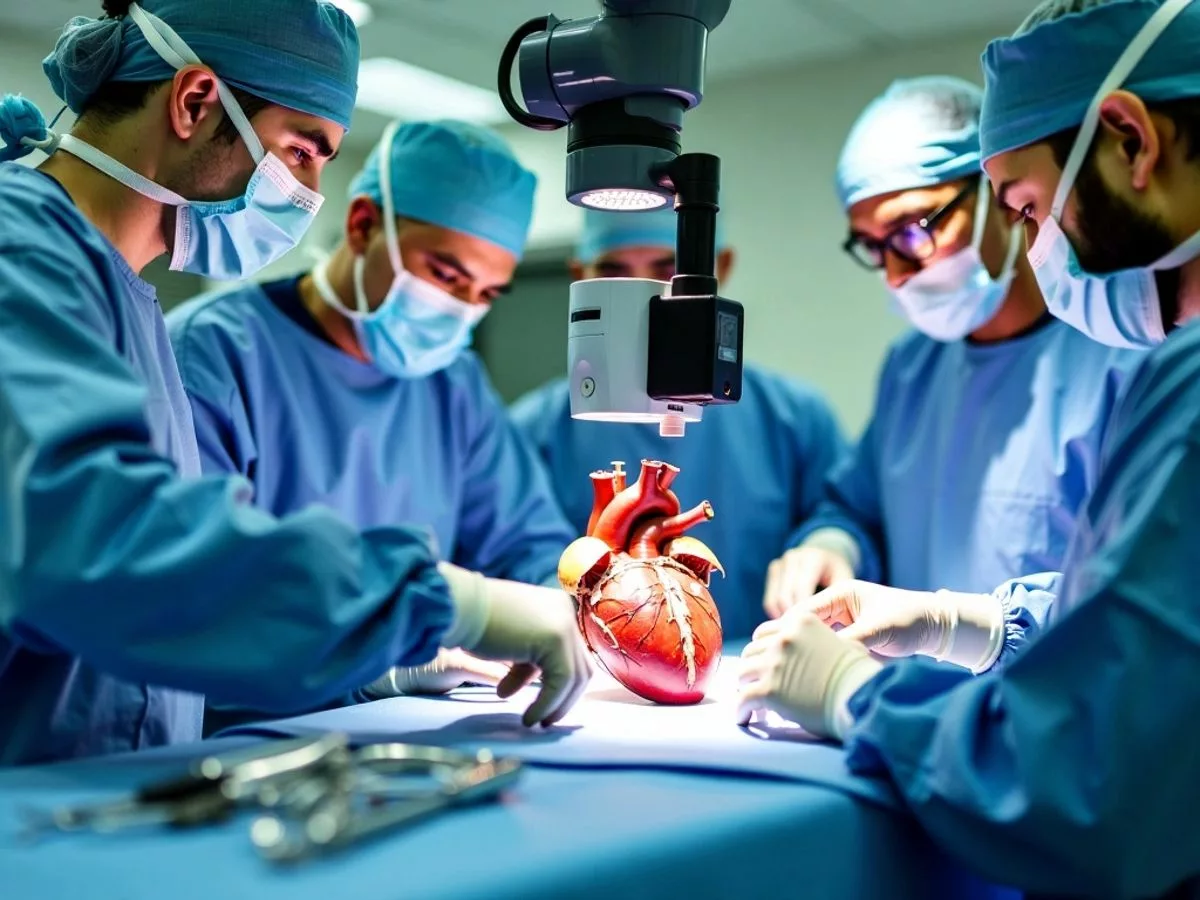
In a groundbreaking medical achievement, Saudi doctors have successfully performed the world’s first fully robotic heart transplant. This innovative procedure marks a significant advancement in cardiac surgery, showcasing the potential of robotic technology in enhancing surgical precision and patient outcomes.
Key Takeaways
- First of Its Kind: This is the first fully robotic heart transplant performed globally.
- Enhanced Precision: The use of robotic technology allows for greater precision in surgical procedures.
- Potential for Broader Applications: This achievement could pave the way for more robotic surgeries in various medical fields.
The Procedure
The fully robotic heart transplant involved a team of skilled surgeons utilizing advanced robotic systems to conduct the surgery. The procedure was designed to minimize invasiveness, reduce recovery time, and improve overall patient outcomes.
- Preparation: The patient underwent extensive pre-operative assessments to ensure suitability for the robotic procedure.
- Surgical Process: Surgeons operated through small incisions, using robotic arms to perform intricate tasks that would be challenging with traditional methods.
- Post-Operative Care: Following the surgery, the patient was closely monitored in a specialized recovery unit to ensure a smooth recovery.
Benefits of Robotic Surgery
Robotic surgery offers numerous advantages over traditional surgical methods, including:
- Minimally Invasive: Smaller incisions lead to less pain and quicker recovery.
- Precision: Enhanced dexterity and control during surgery.
- Reduced Risk of Infection: Smaller wounds decrease the likelihood of post-operative infections.
Future Implications
The success of this robotic heart transplant could revolutionize cardiac surgery and inspire further research into robotic applications in medicine. As technology continues to evolve, the potential for robotic systems to assist in complex surgeries is vast.
Conclusion
The achievement of Saudi doctors in performing the world’s first fully robotic heart transplant is a monumental step forward in the field of medicine. This pioneering procedure not only highlights the capabilities of robotic technology but also sets a precedent for future advancements in surgical practices. As the medical community continues to explore the possibilities of robotics, patients may soon benefit from even more innovative and effective treatment options.


